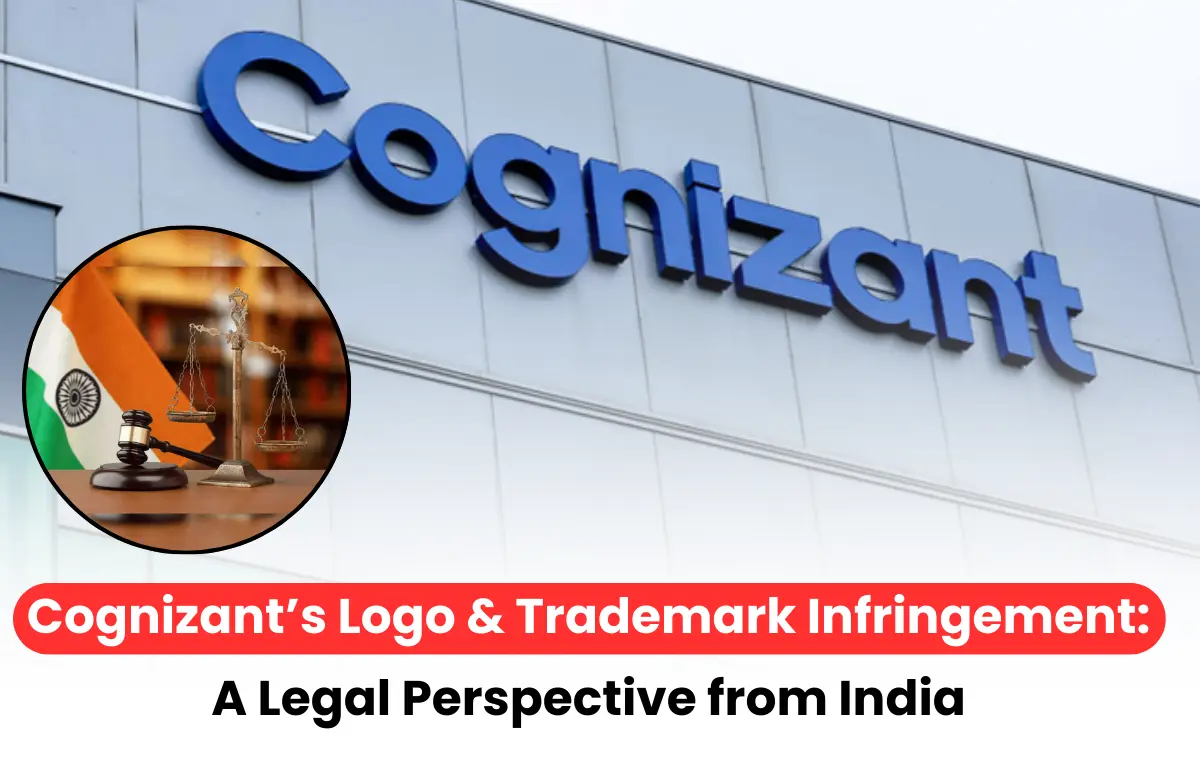
Another major trademark dispute has reached the Indian courts, this time involving global IT services company Cognizant and Bengaluru-based fintech firm Atyati Technologies. Cognizant vs Atyati is centered on Atyati’s new logo, which is more like six-sided honeycomb-inspired logo. In its first order, the Bombay HC told Cognizant to stop using its newly adopted logo. But the Supreme Court (SC) now changed that previous order of the Bombay HC. But to fully understand the case, it’s important to look at why this dispute arose, what India’s intellectual property laws say about trademark conflicts, and what lessons businesses can learn from it.
Cognizant vs Atyati: How Atyati Triggered the Trademark Dispute
To understand this case better, it’s important to look at its background. The conflict began after Atyati Technologies, a fintech firm from Bengaluru, claimed that Cognizant’s hexagonal honeycomb-style logo, unveiled in 2022, was strikingly similar to the design Atyati had already been using since 2019. Believing that Cognizant’s mark could cause confusion and infringed upon its intellectual property, Atyati filed a trademark infringement lawsuit against the IT giant in 2023.
When Atyati Technologies filed the trademark infringement case in 2023, it essentially asked the Bombay High Court to step in and stop Cognizant from using its new hexagonal honeycomb-style logo, which Atyati claimed looked too much like its own logo that had been in use since 2019. The company wanted the court to recognize its prior rights over the design and to make sure customers were not misled into thinking Cognizant’s services were connected with Atyati. Along with this, Atyati also sought compensation for the alleged misuse and the costs involved in fighting the case.
What Did the Bombay High Court Orderd in The Case?
The Cognizant vs Atyati trademark dispute took a serious turn in March 2024, when the Bombay High Court ordered Cognizant to stop using its new hexagonal honeycomb-style logo in India after Atyati Technologies claimed prior use of a similar design since 2019. The order was lifted for a while in June 2024, but by August 2025 the ban back, saying that even if Atyati had been slow or left out some details, the two logos looked too similar and could easily confuse customers. As a result, Cognizant was told to remove the logo from its Indian platforms until the case was fully resolved.
Supreme Court Sets Aside HC Order in Cognizant Trademark Dispute
India’s Supreme Court intervened and set aside the Bombay High Court’s ruling. The Court allowed Cognizant to continue using the logo while the case is still pending, reasoning that an interim ban of this kind could cause unnecessary trouble for such a large company before the final outcome is decided. This meant Cognizant regained the right to display its logo in India, though the trademark dispute with Atyati Technologies will continue until a full trial settles the issue.
What Every Business Should Learn from the Cognizant Logo Dispute
- Small companies have rights: Even a fintech startup like Atyati can challenge a global giant like Cognizant if it has prior use.
- Legal battles take time: First the High Court banned Cognizant’s logo, then the Supreme Court gave temporary relief—showing how some cases can be confusing.
- A lesson for all businesses: Always check trademark availability and protect your brand early to avoid costly disputes later.
Read Also: Understanding Trade Name vs Trademark: Meaning, Protection, and Examples
Conclusion
In the case of Cognizant vs Atyati the Bombay High Court focused on protecting prior use and consumer interests, the Supreme Court balanced this with the need to avoid business disruption, allowing Cognizant to use its logo until the final verdict. The outcome of this case will set an important precedent for brand protection and intellectual property rights in India.
